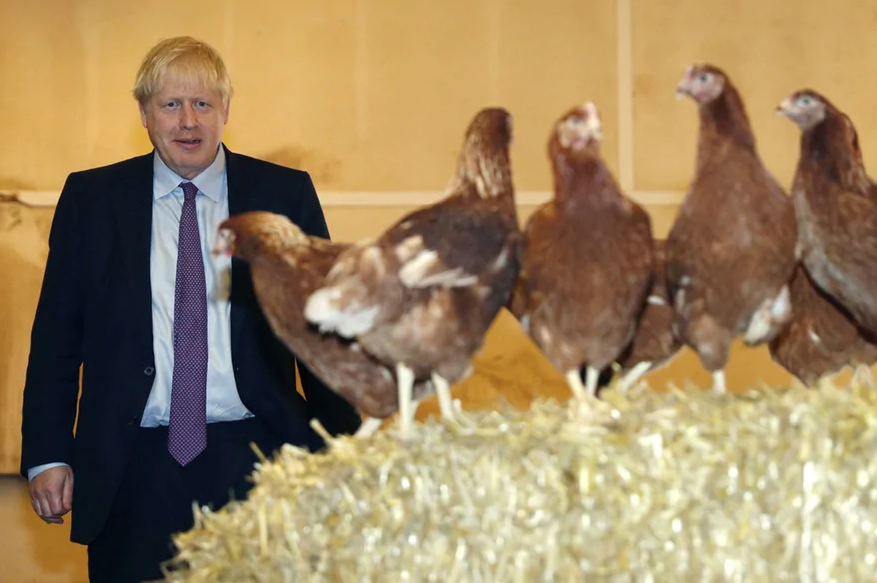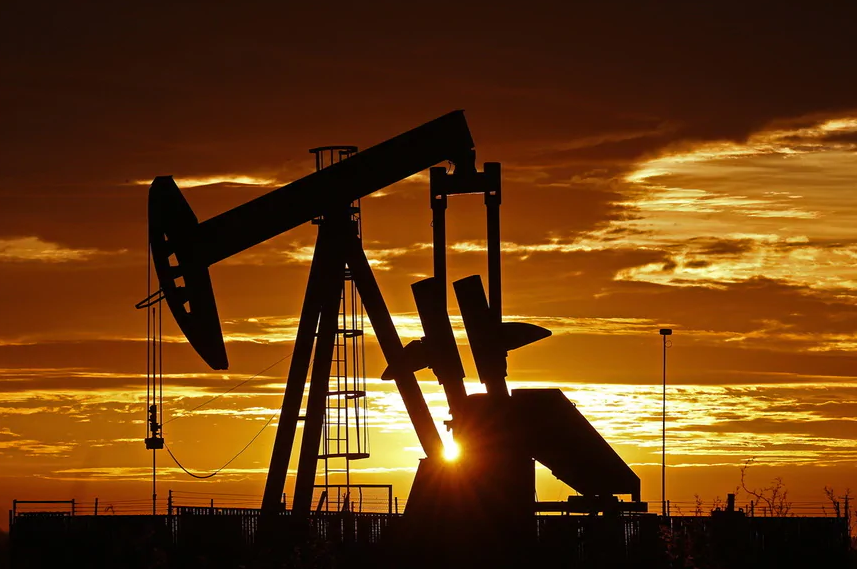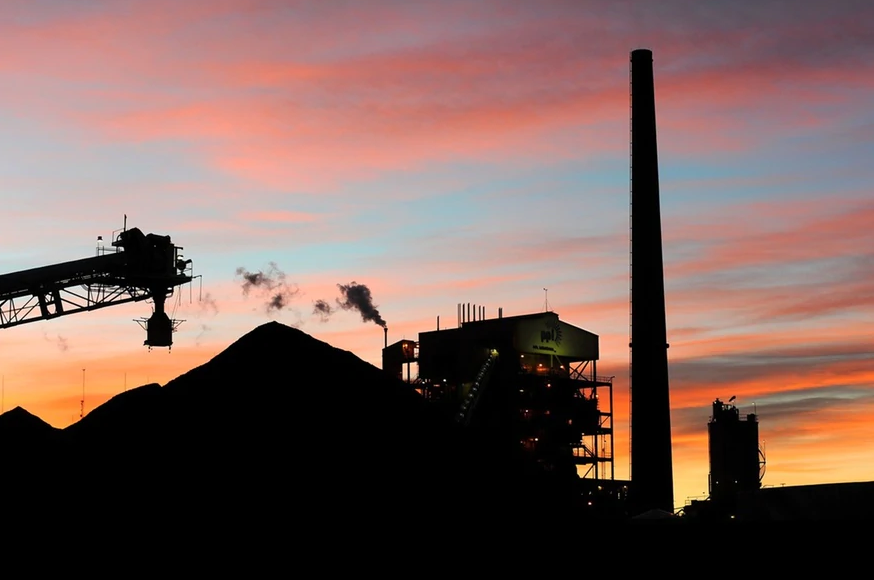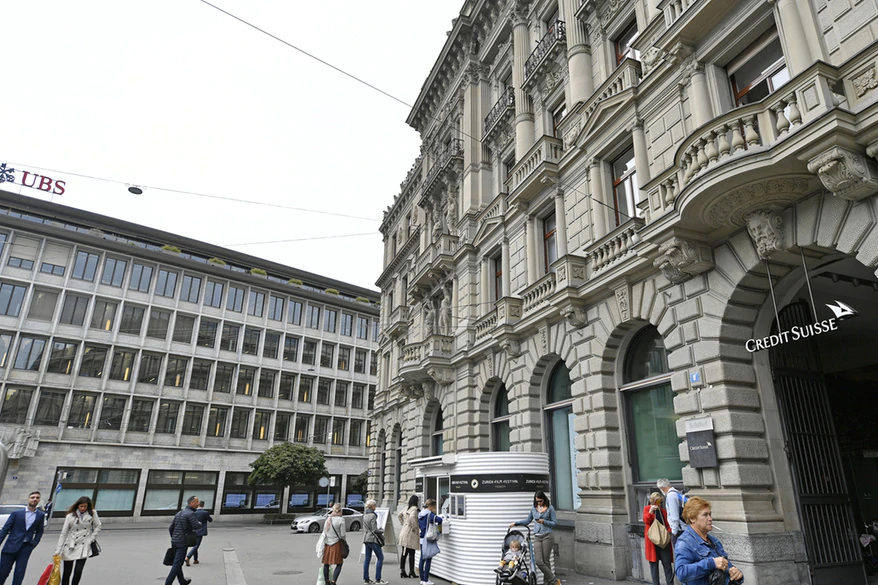British Prime Minister, Boris Johnson, at a farm in Wales in 2019, where he was canvassing support for his post-Brexit farming policy. Afp Or Licensors Britain argues that Brexit will make British agriculture greener. SWI Swissinfo.ch looks at how successful EU agricultural policies have been, and how they compare with Switzerland’s approach. One of the arguments Brexiters pushed forward was that the United Kingdom would be greener after Brexit. They argued hefty subsidies granted by the European Union were often misplaced in in unecological projects. For instance, if a European farmer decides to renature part of his land, then he must expect lower subsidies as a result of the reduction in size of the cultivated area. “The fundamental problem is that most European
Topics:
Swissinfo considers the following as important: 3.) Swiss Business and Economy, 3) Swiss Markets and News, environment, Featured, newsletter
This could be interesting, too:
Nachrichten Ticker - www.finanzen.ch writes Die Performance der Kryptowährungen in KW 9: Das hat sich bei Bitcoin, Ether & Co. getan
Nachrichten Ticker - www.finanzen.ch writes Wer verbirgt sich hinter der Ethereum-Technologie?
Martin Hartmann writes Eine Analyse nach den Lehren von Milton Friedman
Marc Chandler writes March 2025 Monthly

British Prime Minister, Boris Johnson, at a farm in Wales in 2019, where he was canvassing support for his post-Brexit farming policy. Afp Or Licensors
Britain argues that Brexit will make British agriculture greener. SWI Swissinfo.ch looks at how successful EU agricultural policies have been, and how they compare with Switzerland’s approach.
One of the arguments Brexiters pushed forward was that the United Kingdom would be greener after Brexit. They argued hefty subsidies granted by the European Union were often misplaced in in unecological projects. For instance, if a European farmer decides to renature part of his land, then he must expect lower subsidies as a result of the reduction in size of the cultivated area.
“The fundamental problem is that most European subsidies are distributed according to area,” said Sven Giegold, a German economist and Green politician in the European Parliament. EU subsidies are not heavily conditional on environmental or animal welfare requirements. This, he says, provides the wrong incentives.
This has led to even the British Crown, as a major land owner, receiving EU agricultural subsidies. According to media reports, a Saudi billionaire received GPB 400,000 in agricultural subsidies from the EU in 2016 because he bred race horses in Britain.
The British government has promised to channel subsidies to ecological and animal-friendly farming after Brexit.
There is indeed a chance for British agriculture to become more ecological after Brexit, said Mathias Binswanger, a professor of economics at the University of Applied Sciences and Arts Northwestern Switzerland. “Britain can shape its agricultural policy according to Britain’s preferences. British agricultural policy can be reshaped with the goal of taking greater account of sustainable land use, biodiversity and protecting the landscape.”
As a comparaison, Switzerland has stricter environmental laws than the EU. The country has the strictest animal welfare protection laws in the world. Livestock is allocated more space, and journeys to transport animals are more restricted in length than in the EU. Battery hens, foie gras, cutting off frogs’ legs, and castrating piglets without anaesthetic are all forbidden. Swiss agriculture is characterised by relatively small farms and a high density of organic produce and branded businesses. In addition, many subsidies are linked to ecological performance or animal-friendly conditions.
Does this mean a divorce with Europe will necessarily be beneficial to the environment in the UK? Not really, other factors will shape the country’s future environmental policies including free-trade deals and international law.
EU membership can have positive effects too.
“The British position is contradictory. On the one hand, they want to sign up to free trade agreements with the whole world. These will force global prices onto the local market,” Giegold said. At these prices, no one in Europe can supply produce friendly to the environment and to animals, not even in Britain, he added. He presumes that Boris Johnson himself doesn’t yet know how to solve the conflict between environmental protection and free trade.
A look back at the impact of EU membership on the sustainability of a country’s agriculture shows that it can be positive. Ireland and Austria both had to reshape their agricultural policies, when they joined the block. Today, Austria is described as “Europe’s delicatessen”. The country has shifted its focus to niche higher-quality produce. “Ireland promotes the label ‘Origin Green’ and has had success on the European market with sustainable produce,” said Patrick Dümmler of the economic think-tank Avenir Suisse.
Furthermore, absurd incentives are not inclusively European. They also abound in Switzerland. From an environmental perspective, for instance, it would be desirable to lower meat consumption, but Switzerland pumps tax revenue in the double-digit millions into the meat lobbying group Proviande in an attempt to increase meat sales with advertising. Or in another example, crop insecticides are considered environmentally damaging, but they profit from a significantly reduced rate of value-added tax (2.5% instead of 7.7%).
Binswanger says that Swiss agricultural policy creates incentives for farmers to stop producing food and set themselves up as “landscape gardeners and environment managers.” He sees an unholy alliance: industry would like to import cheap agricultural products from abroad and is glad if a country like Switzerland no longer produces food. The Green and environmental movements are most concerned about reducing greenhouse gas production in agriculture. “The less food is produced, the more greenhouse gases go down,” he said. “That makes it harder to promote sustainable local food production.” But the problem is merely shifted down the line; if more goods have to be imported, then land use and environmental damage simply take place elsewhere.
Looking forward, the EU has planned a European Green Deal, which should lead to reform, but not address all outstanding environmental issues.
“The EU will stick to promoting intensive, highly productive farming because most of the payments continue to go to big companies who practice industrial-scale farming. These payments will just be garnished with a bit more sustainability and biodiversity”, said Binswanger.
Tags: Environment,Featured,newsletter








